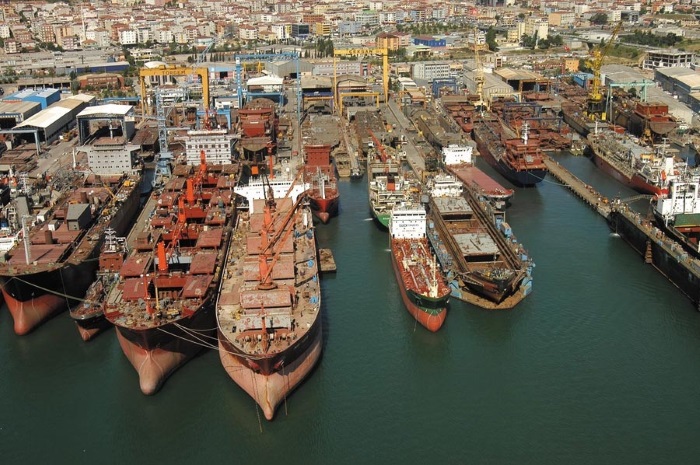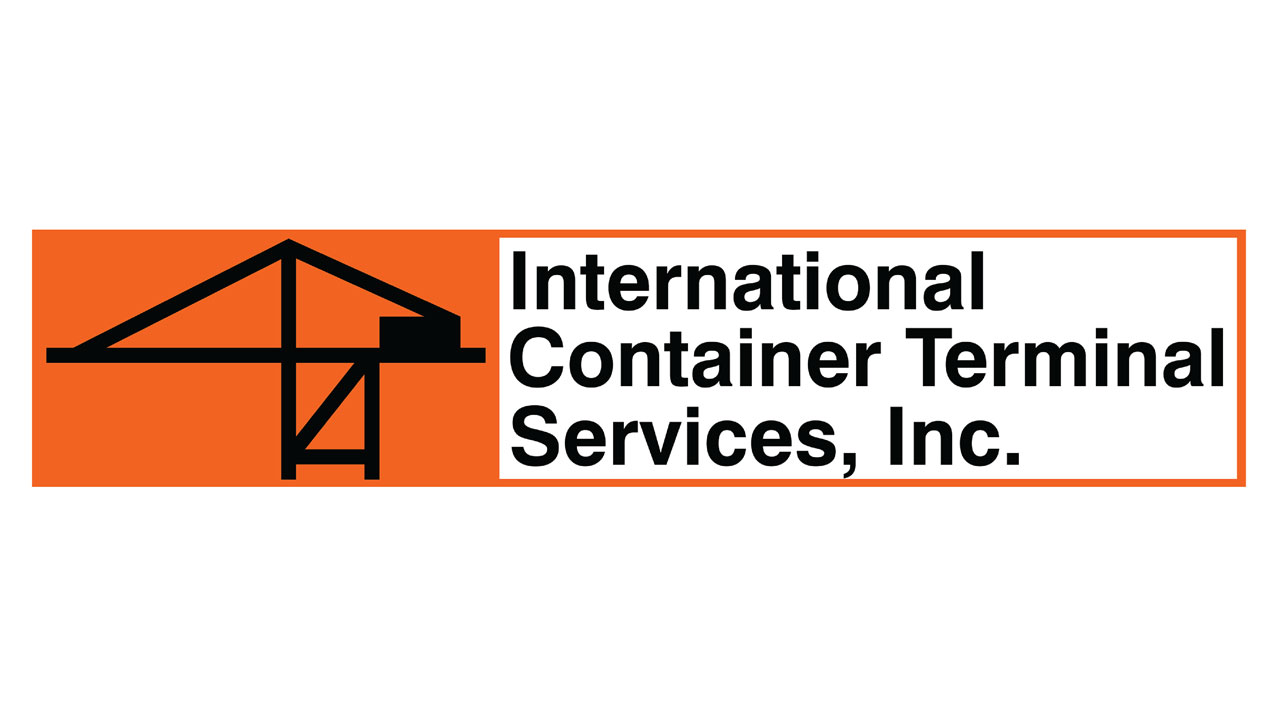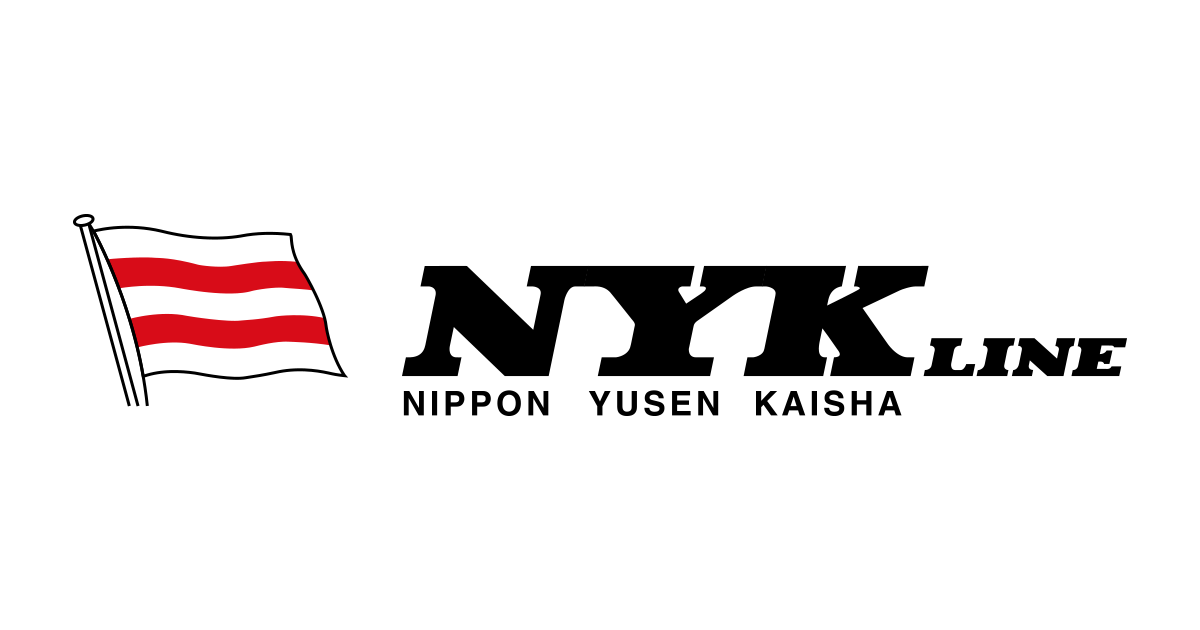The ship recycling market has kept on facing a challenging landscape. In its latest weekly report, Best Oasis, a leading cash buyer of ships said that “the global ship recycling market remains weak and sluggish, with low demand and limited transactions across key destinations. India continues to struggle as market activity slows, further impacted by uncertainty surrounding upcoming tariffs on steel, aluminum, and other metals, which has made buyers more cautious and hesitant to commit. Bangladesh sees minimal interest, with buyers negotiating at lower levels, while ongoing political uncertainty further dampens sentiment. Pakistan remains completely stagnant, with no meaningful transactions or signs of recovery, as industry players stay on the sidelines”.
“Meanwhile, Turkiye continues to see steady but subdued demand, with no significant price movements or new developments. Overall, the market lacks momentum, with buyers hesitant and industry sentiment leaning towards caution. Unless a strong trigger in demand, economic improvement, or greater market confidence emerges, ship recyclers are likely to remain in a wait-and-watch mode, navigating through one of the slowest phases in recent times. The U.S. plans to introduce reciprocal tariffs on countries it sees as having unfair trade practices. This means the U.S. will charge the same tariffs that other countries impose on American goods. Nations like Brazil, India, Japan, Canada, and the EU could be affected, with a focus on those with large trade deficits with the U.S., such as Mexico and China. While still in development, these tariffs could take effect as early as April 2, prompting many to negotiate and avoid penalties”, Best Oasis said.
In a separate note, shipbroker Intermodal also noted that “the ship recycling markets continue to face a challenging landscape, with subdued activity and cautious sentiment amid concerns over the potential impact of upcoming U.S. tariffs on steel and aluminium. In India, the market remains cautious, with recyclers adopting a wait-and-see approach, ahead of the 25% US tariffs on steel and aluminium, set to take effect in March. The primary concern is that China, in response to the tariffs, may flood the market with discounted steel, undermining domestic producers. Rumours suggest that India may impose duties on Chinese steel imports to safeguard its market. Falling steel prices and subdued activity are pressuring the market. Following a period of declines, the Indian rupee has gained approximately 1.2% against the US Dollar, thanks to the central bank’s interventions. In Bangladesh, like previous week, the market sees limited activity and low interest for acquisition of fresh tonnage. The local steel market remains stable, driven by moderate demand. On economic front, the outlook remains grim, amid economic slowdown and political uncertainty. On a positive note, inflation has slowed, dropping to 9.94% in January, down from 10.89% recorded in December. In Pakistan, the government is grappling with challenging financial conditions.
The IMF is conducting investigations over corruption, with the central bank suffering a $440 million loss due to funds mismanagement. Moreover, to bridge its foreign funding shortfall, Pakistan has sought China’s assistance in delaying $3.4 billion in debt repayment. The ship recycling sector remains sluggish with little hope for a near-term recovery. The steel market also faces headwinds due to weak demand. Another week of limited activity for the Turkish ship recycling market with poor buying interest persisting. However, local steel demand showed positive signs, supported by higher exports of finished steel. Meanwhile, adverse weather conditions affected the domestic demand for finished steel products”, Intermodal’s analysis concluded.




